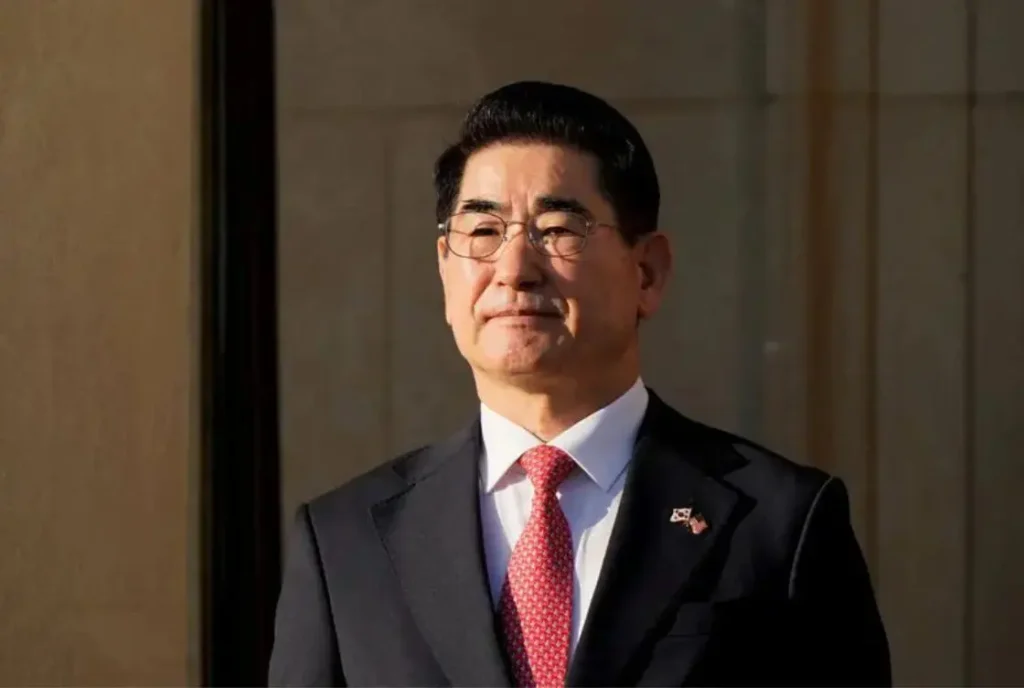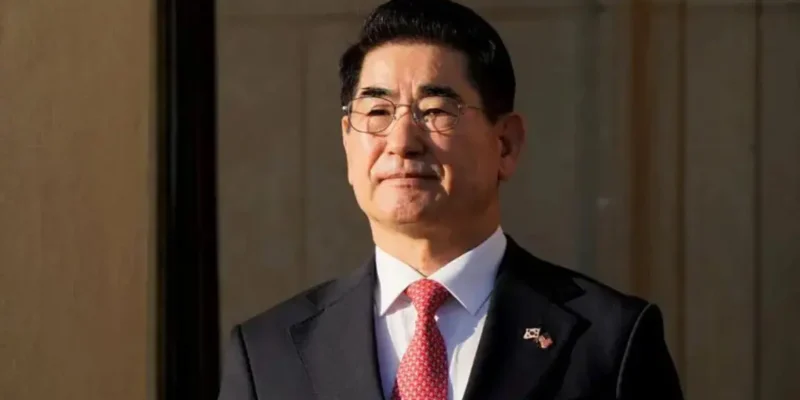
South Korea’s main opposition party, the Democratic Party, has announced plans to introduce a bill to impeach acting President Han Duck-soo. The move comes after Han’s failure to appoint three justices to fill vacancies at the Constitutional Court, despite Parliament’s approval of the nominees last Thursday.
The opposition party had previously threatened to push for Han’s impeachment if the vacancies were not immediately filled. However, Han has refused to appoint the justices, citing the need for political consensus between the parties. He argued that making the appointments without such agreement would undermine the constitutional order.
The Democratic Party, which holds a majority in the National Assembly, is seeking Han’s impeachment on the grounds that he lacks the qualification and will to protect the Constitution. Party floor leader Park Chan-dae criticized Han, claiming that his actions were detrimental to the nation’s constitutional integrity.
If Han is impeached, the finance minister would assume the role of acting president, according to the constitutional provisions. However, there is disagreement between political factions and legal scholars regarding whether a simple majority or a two-thirds majority is required to impeach the acting president.
The Constitutional Court is also handling the impeachment case of President Yoon Suk Yeol, following his declaration of martial law on December 3. The court is set to hold its first hearing on Friday to determine whether Yoon should be removed from office or reinstated. Under the South Korean constitution, a unanimous vote by six of the nine justices is required to remove a sitting president.
Yoon, who was impeached by Parliament on December 14 with support from some members of his own conservative party, has yet to submit the legal documents requested by the court. His ongoing defiance has provoked criticism from the opposition, which has called for his arrest.
The political standoff continues to fuel tensions in South Korea, with the Constitutional Court’s decisions set to play a crucial role in shaping the future of the presidency.

Comments